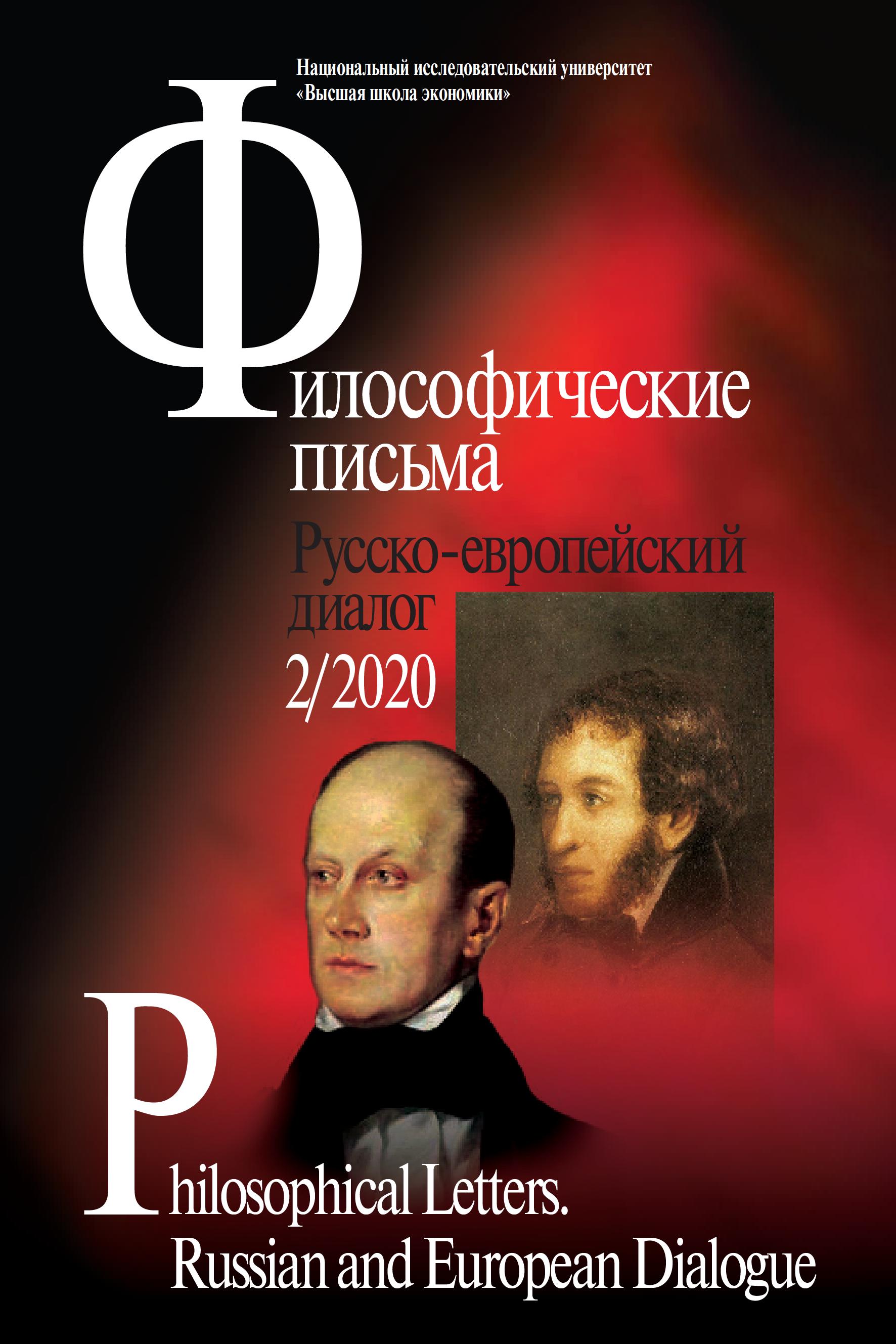The Architecture of the Totalitarian Period and Modern Historical Memory: “Difficult Heritage” in the Era of Capitalist Globalization
Abstract
The “difficult heritage” (mostly includes architectural and sculptural monuments and works of monumental art arisen in different countries under totalitarian regimes) often becomes a crucial point of today’s political and public controversy. Is it legitimate to leave these objects of art and architecture as a part of urban environment of modern city? Although, many cities in Russia and former Soviet countries, as well as in Western Europe, were created in the XX century, during the period of urbanization and urban growth and became markers of identity for many generations, as the VDNH complex in Moscow or the Tempelhof airport in Berlin. Th ere are different results of interaction of modern culture with them: from demolition, to critical comprehension, and sometimes to complete neutralization of their negative meaning. Often, the initiators of “requalification” of such objects are state structures or large commercial structures, and the performers are important representatives of modern architecture, such as Rem Koolhaas, offering typical solutions for dealing with historical memory. The report analyzes some examples of interaction of architects, authorities, urban and mass culture with architectural objects of the dictatorship’s heritage in Italy, Germany and Russia.

